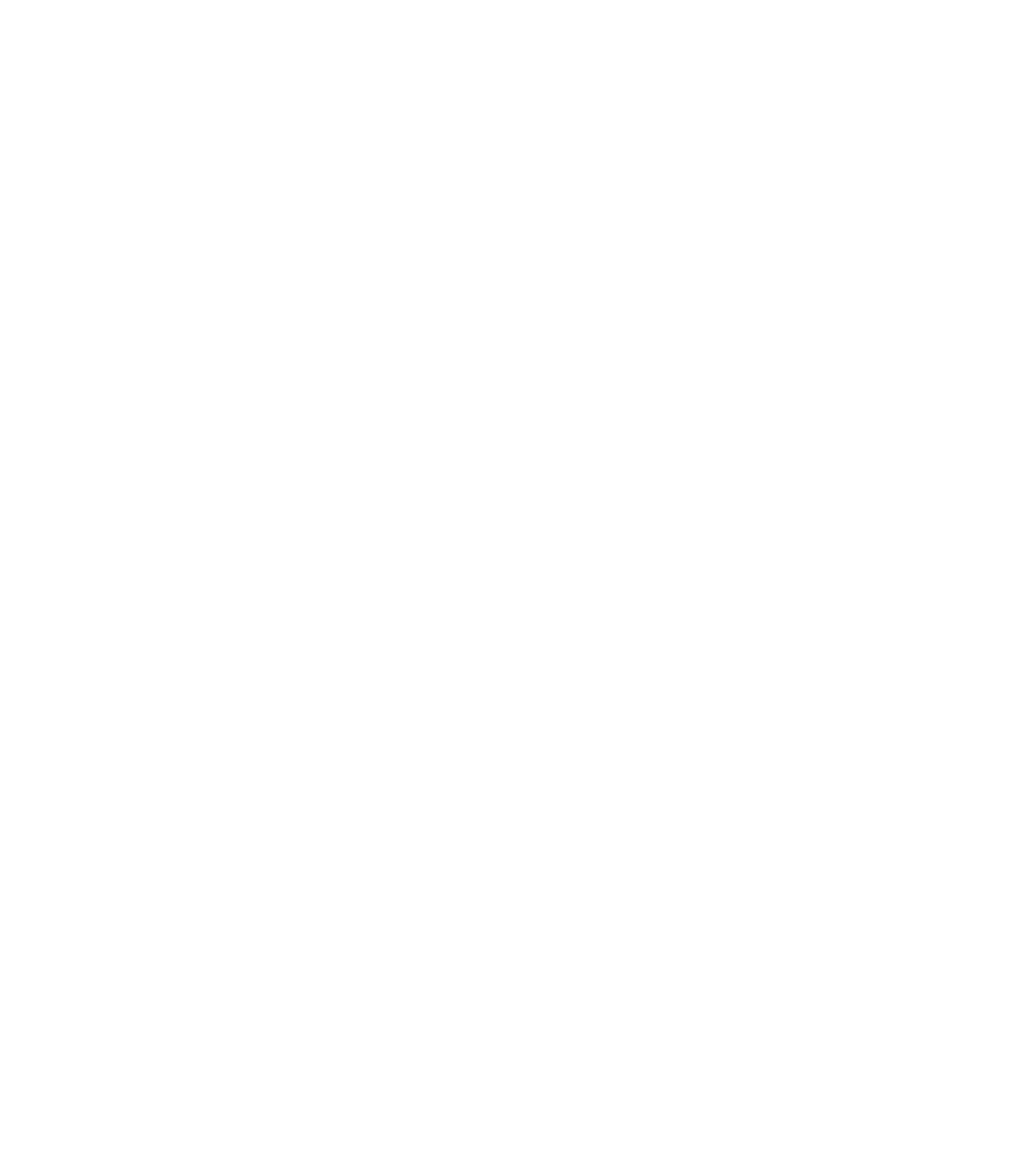Premarital counseling is an essential step for couples preparing to tie the knot, as it helps them address various challenges and lay a strong foundation for their future together. One critical aspect of premarital counseling is addressing communication issues. In this article, we'll explore common communication barriers, discuss how premarital counseling can help couples improve their communication skills, and delve into the lasting benefits of effective communication in a marriage.
Typical Communication Barriers in Premarital Counseling
Several communication issues might arise during premarital counseling. These barriers can hinder the development of a healthy and strong marital relationship. Some of the most common communication issues couples face include:- Ineffective listening: One partner may not listen attentively to the other, leading to misunderstandings and conflicts. Active listening is a crucial skill that allows couples to understand each other's thoughts and feelings better.
- Nonverbal communication: Couples may misinterpret each other's body language, facial expressions, or tone of voice. Nonverbal cues can convey just as much meaning as words, making it essential to learn how to read and interpret them accurately.
- Emotional expression: Difficulty expressing emotions or understanding the emotions of one's partner can cause frustration and resentment. Couples need to learn how to express their feelings openly and honestly while also respecting their partner's emotions.
- Conflict resolution: Poor communication skills can make it challenging to resolve disagreements and find solutions to problems. Developing healthy conflict resolution strategies is vital for maintaining a harmonious relationship.
Developing Communication Skills in Premarital Counseling
In premarital counseling, couples can work together to build a toolbox of communication skills that will serve them well in their marriage. Some essential skills that couples can learn and develop during counseling sessions include:- Active listening: Encouraging each partner to listen attentively and empathetically to their partner's thoughts and feelings. Active listening promotes understanding and can help prevent misunderstandings and conflicts.
- Emotional expression: Teaching couples to express their emotions openly, honestly, and respectfully, allowing for greater understanding and empathy. Emotional expression is vital for maintaining a strong emotional connection between partners.
- Nonverbal communication: Helping couples recognize and interpret nonverbal cues to enhance their communication. Understanding and using nonverbal communication effectively can lead to a deeper connection and greater harmony in the relationship.
- Conflict resolution: Assisting couples in developing healthy strategies for resolving conflicts and finding solutions to problems. Effective conflict resolution can prevent disagreements from escalating and can help couples grow closer through the resolution process.
- Assertiveness: Teaching couples how to express their needs, wants, and opinions in a respectful manner without being passive or aggressive. Assertive communication can help prevent resentment and create a balanced relationship where both partners feel heard and valued.
The Lasting Benefits of Effective Communication in Marriage
Developing effective communication skills in premarital counseling can have lasting benefits for couples as they embark on their married life. Some of these benefits include:- Improved understanding: Enhanced communication skills can lead to a better understanding of each other's needs, wants, and feelings, fostering a closer and more empathetic relationship.
- Conflict resolution: Effective communication enables couples to address and resolve conflicts in a healthy and constructive manner, preventing unresolved issues from festering and damaging the relationship.
- Increased trust: Open and honest communication promotes trust between partners, allowing them to share their thoughts and feelings without fear of judgment or rejection.
- Emotional intimacy: Effective communication can help couples develop a deeper emotional connection, strengthening their bond and increasing their overall satisfaction in the relationship.
- Personal growth: As couples learn to communicate effectively, they may also experience personal growth by becoming more self-aware, understanding their emotions better, and developing healthier coping mechanisms.
